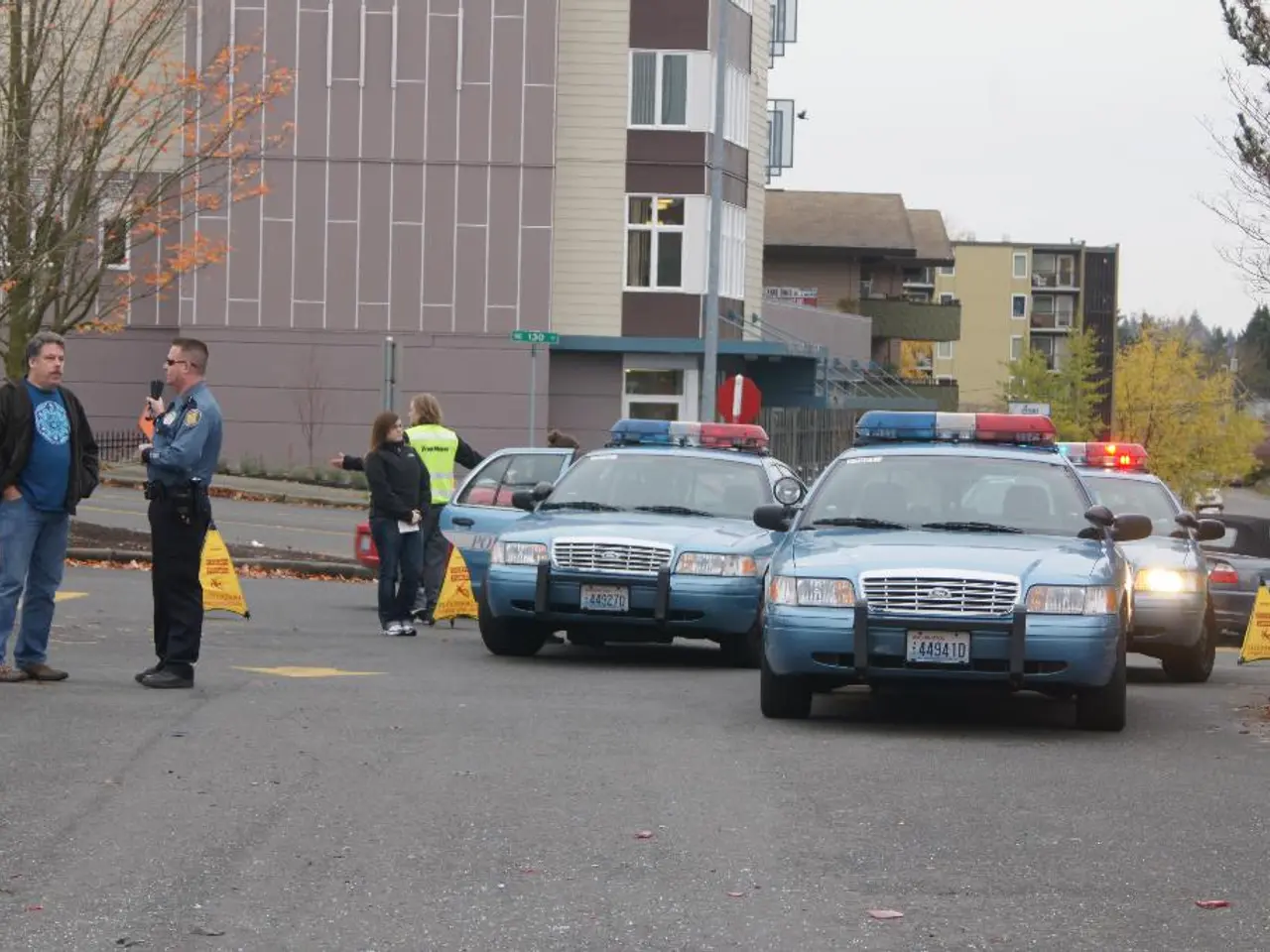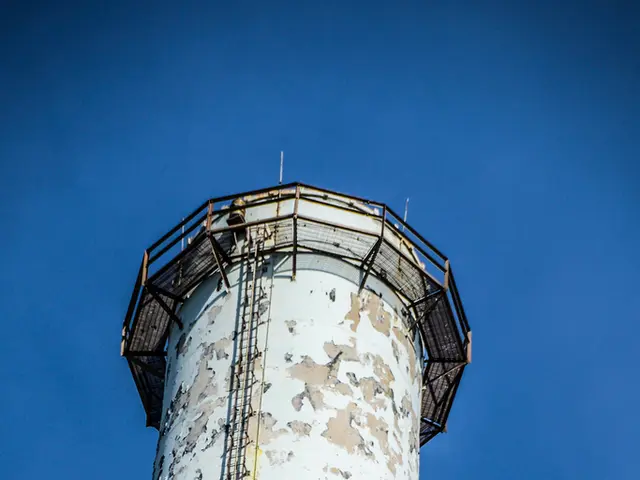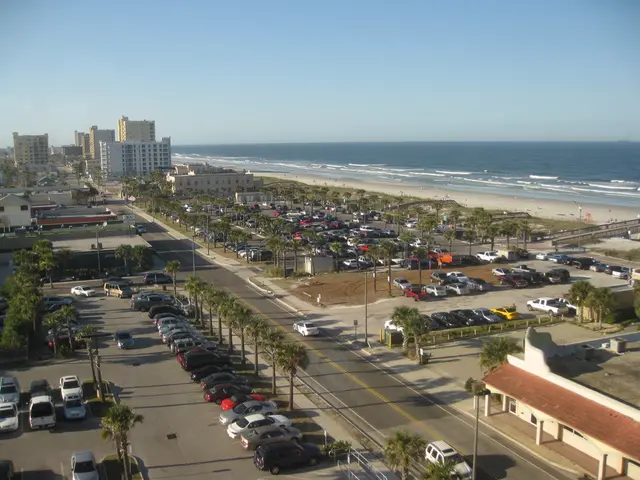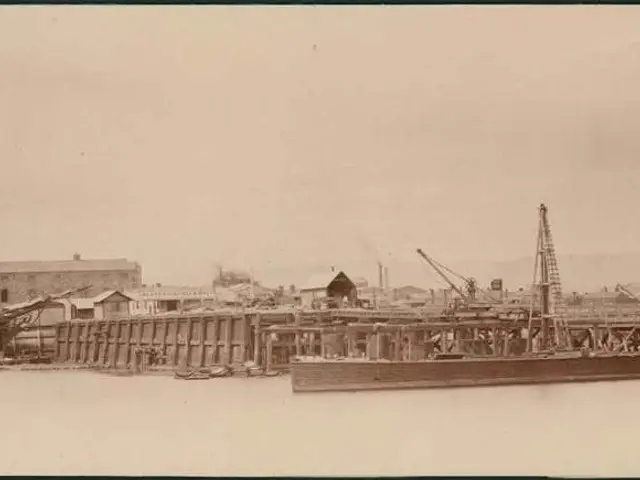Public remains oblivious to potential hazards at gas export facilities, due to confidentiality surrounding their operations
In the realm of liquefied natural gas (LNG) operations, concerns about transparency and public safety have been growing. Some LNG emergency response plans, such as those for the operating Corpus Christi LNG and the under-construction Venture Global Plaquemines and Calcasieu Pass terminals, are not publicly available on FERC's website, raising risks among residents living near LNG facilities.
The explosion at the Freeport LNG terminal in 2022 is a stark reminder of the potential dangers associated with LNG operations. However, residents around the Freeport LNG plant have not received any information about the cause of the explosion or safety measures from Freeport LNG. Similarly, John Allaire, a resident near the Venture Global's Calcasieu Pass LNG terminal, frequently hears internal alarms but does not know their cause.
James Hiatt, a fisherman and environmental activist, echoes these concerns, stating that important information in LNG plans is often redacted, and people are not informed about the risks in their homes. Naomi Yoder, a staff scientist at the environmental watchdog Healthy Gulf, believes that if people knew the risks around LNG, there would be significant public outcry against its buildout.
The LNG industry is regulated by three federal agencies: Pipeline and Hazardous Materials Safety Administration (PHMSA), Federal Energy Regulatory Commission (FERC), and the U.S. Coast Guard. However, PHMSA does not enforce the Right to Know Act for LNG facilities, unlike refineries or petrochemical plants.
Moreover, unlike other industrial facilities, LNG operators do not have to share information about chemicals used onsite and potential impacts on the public with the general public. Some computer models used to determine the risks of potential accidents at LNG terminals are proprietary, making it difficult for scientists to verify their findings.
The LNG industry claims its operations are safe, but the necessary information for the public to verify this claim is often confidential due to LNG terminals being considered critical infrastructure and potential terrorist targets. Companies can shield information they consider safe and risk-free.
The Biden administration has acknowledged these concerns and has paused permitting for new LNG terminals to consider the macro implications, including climate change and national security. The industry's safety claims will be under scrutiny during this review period.
Ideally, LNG emergency response plans would contain a 'worst case scenario' for the LNG storage tanks and tankers, describing potential blast radius and risks to people. This would help residents living near LNG facilities to prepare for emergencies and understand the potential dangers in their communities.
As the LNG industry continues to expand, it is crucial that transparency and public safety remain at the forefront of discussions and regulations. The public has a right to know the risks associated with LNG operations in their communities, and efforts should be made to ensure that this information is readily available.
Read also:
- chaos unveiled on Clowning Street: week 63's antics from 'Two-Tier Keir' and his chaotic Labour Circus
- Racing ahead in Renewable Energy Dominance: Changzhou, Jiangsu Pushes for Worldwide Renewable Energy Ascendancy
- Feeling disoriented or perplexed.
- The potential consequences of the European Union's Clean Hydrogen strategy in relation to exacerbating our global climate emergency.








